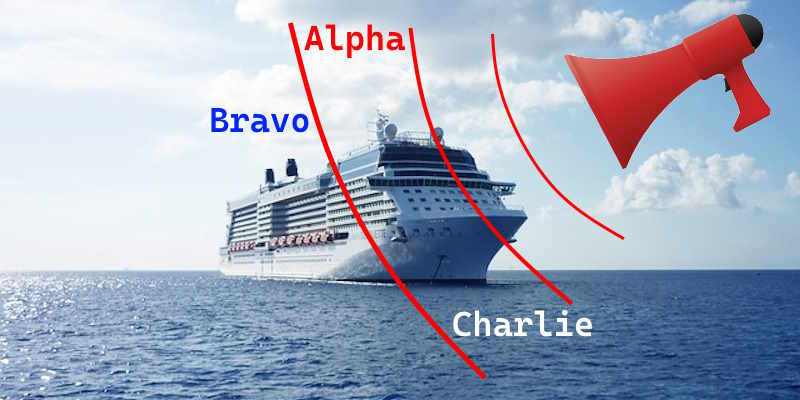Imagine lounging by the pool onboard when you hear a crew member mutter “Code Oscar” into their radio. What? You chuckle to yourself, thinking it’s code for a poolside party, or maybe someone caught their eye. But then you notice crew members gathering at the railings, looking over the railings unusually serious. Now you’re curious—was “Oscar” an insider joke, or was it a secret code for something much more serious?
Cruise ships are full of secret codes. These unique cruise codes alert crew to various issues, from medical emergencies to security, safety, and passenger behavior. They help the crew to deal with potentially dangerous situations without bothering passengers. After all, can you imagine the commotion if they shouted “Man overboard” instead of “Code Oscar”?
Cruise codes aren’t just quirky lingo to keep passengers in the dark. Instead, they’re behind-the-scenes language to ensure smooth sailing and an enjoyable cruise experience. So, are you ready to crack the code and know the difference between Alpha, Bravo, and Zulu? Let’s discover the hidden messages behind intriguing messages to learn the insider lingo on your next cruise.
What Are Cruise Codes, and Why Are They Used?

Cruise codes are the cruise line’s way of handling everything from minor inconveniences to serious emergencies without disturbing the vacation vibes. These codes—a mix of names, colors, and phrases—keep communication clear, quick, and discreet among crew members.
For example, “Code Alpha” isn’t just a fun nickname; it means someone’s having a medical emergency. Imagine a crew member radioing it in—without alerting everyone around—while the medical team calmly gathers to address the situation.
Here’s another reason for cruise codes: They’re universal across languages. So, crew members from all over the world can communicate without missing a beat. Whether the staff speaks English, Spanish, or Tagalog, these codes ensure everyone’s on the same page.
In reality, these codes are the backbone of the onboard experience, ensuring your vacation stays smooth and safe. So, while you’re enjoying drinks by the pool, crew members use these discreet codes to communicate effectively, manage unexpected situations, and maintain a relaxing environment for everyone.
How Cruise Codes Enhance Passenger Safety and Experience
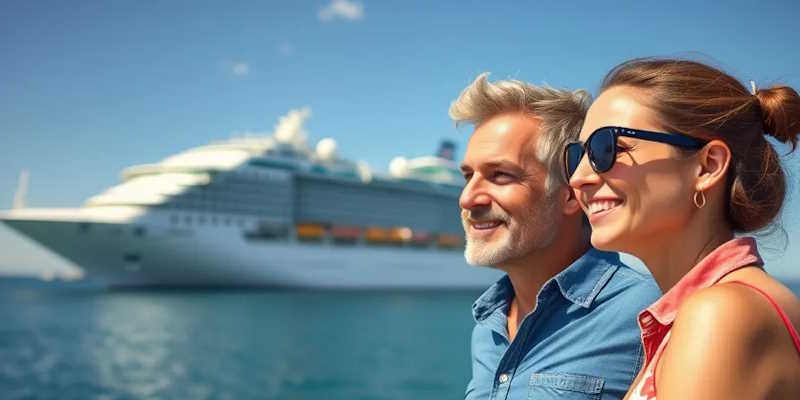
The cruise industry has codes for one reason—to keep you safe on board without disrupting the cruise experience. Think of “Code Bravo,” which signals a fire emergency. Just imagine the chaos that would erupt if loud fire alarms started blaring. Instead, a few well-trained crew members get the code over the radio and respond swiftly without alarming guests.
These codes are also about preserving that vacation atmosphere. If there’s a “Code Alpha”—a medical emergency, staff move quickly but calmly, getting medical help without drawing attention. The codes let cruise personnel deal with any situation—from a minor spill to a serious incident—smoothly and effectively.
Secret Cruise Ship Code Words for Medical Issues
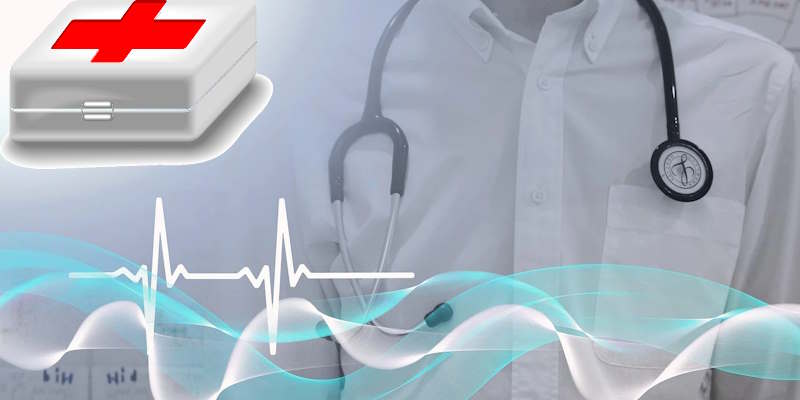
Medical emergencies can happen anywhere, even on vacation. Cruise ship crew learn emergency codes like “Code Alpha” and “Code Blue” to alert the medical team without alarming passengers. So if someone on deck feels unwell, the crew’s swift, discreet communication allows them to get immediate assistance, keeping guests calm while prioritizing safety.
Code Alpha
Imagine relaxing on deck when a crew member radios in “Code Alpha.” No alarms ring, and no panic arises, but a quiet buzz of staff activity begins. This code signals a medical emergency, alerting the ship’s medical team to spring into action—calmly and efficiently, ensuring everything feels perfectly under control.
Other cruise lines use different codes. For example, on Oceania ships, you’ll hear “Code Mike” instead of the Alpha code. However, the crew on Carnival Cruise Lines uses “Alpha Team.” You may also hear “Charlie Alpha.” This combines two cruise ship emergency codes, “Charlie” (security threat) and “Alpha” (medical emergency).
A fellow passenger told me they heard a crew member say “Charlie Alpha” on their radio. It turned out there was a case of meningitis onboard.
“Code Alpha” is typically used on Royal Caribbean ships (where you’ll hear Alpha Alpha Alpha) and Norwegian Cruise Line ships.
Code Red

Red is usually a warning sign in any coded language—onboard, it’s the same. Hearing a crew member whisper “Code Red” on their walkie-talkie usually means a contagious illness is doing the rounds. It could be norovirus or some other nasty bug. So, the crew will spring quietly into action, sanitizing surfaces and isolating affected areas to protect guests.
Code Blue
Midway through a lively conversation, you notice a few crew members subtly moving toward a guest, radioing “Code Blue.” This one’s for a serious medical situation, similar to code Alpha. The crew springs into action quietly, ensuring guests nearby remain blissfully unaware while the medical team provides urgent, expert care.
Code Pink
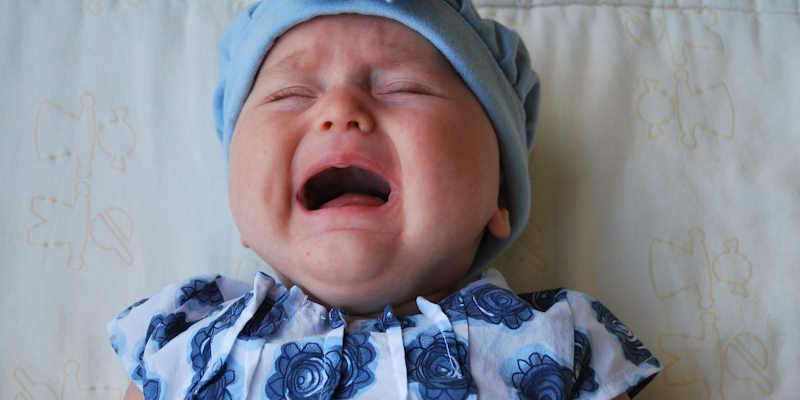
Families are laughing nearby when you catch a discreet “Code Pink” over a crew member’s radio. It’s a pediatric emergency, and the team mobilizes immediately. Medical staff quietly respond—no panic or running—to provide the necessary care to a child or infant needing help. They act so smoothly that there’s no disruption, ensuring safety and peace for everyone on board.
Code Sierra
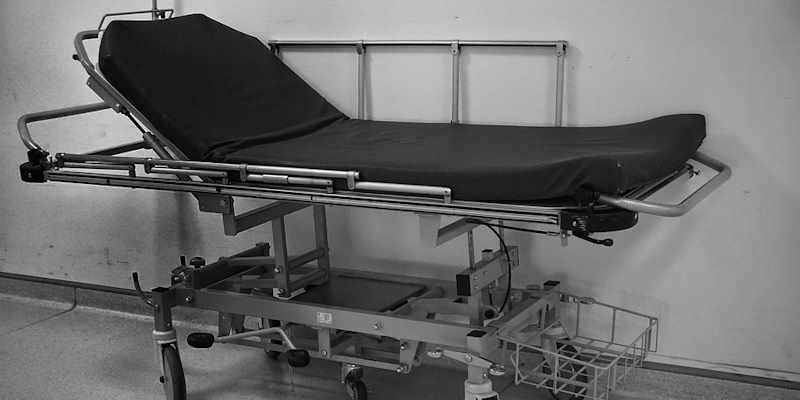
You hear a crew member calmly calling in “Code Sierra.” This medical emergency code means someone requires assistance with a stretcher. You’ll often hear it with another medical alert like “Alpha Alpha Alpha.” The crew moves discreetly, transporting the passenger safely, all while nearby guests continue enjoying their day.
Operation Rising Star

You notice a few crew members moving solemnly, speaking quietly into their radios, and mentioning “Operation Rising Star.” This serious code signals a passenger’s passing or severe medical issues that the crew onboard cannot handle without outside assistance. Of course, they handle the situation with the utmost respect and discretion so guests can continue enjoying their vacation.
Secret Cruise Codes for Security or Safety Issues
Cruise ships handle security issues with the utmost discretion. Codes like “Code Charlie” or “Zulu” can signal anything from weather concerns to altercations. These alerts allow security to manage incidents quietly and effectively, ensuring guests feel safe without knowing a situation might be unfolding nearby.
Code Charlie

You’re on board a Royal Caribbean cruise ship and hear a crew member quietly say, “Charlie Charlie Charlie.” So, you’re wondering, who is Charlie? This discreet signal is for anything that threatens security. Potential security concerns range from serious disturbances to extreme threats like a bomb or even pirates.
It’s rare to hear the Charlie Code, but if you do, stay calm because the crew is dealing with it.
Code Purple

One secret code you never want to hear is “Code Purple.” You’ll maybe notice crew members moving in sync, staying alert, and ready to act. What are they looking for? Code Purple signals a severe threat like a possible bomb scare. While guests remain blissfully unaware—at least those who don’t know codes on a cruise ship—security teams take swift, silent action to ensure everyone’s safety.
Code Black
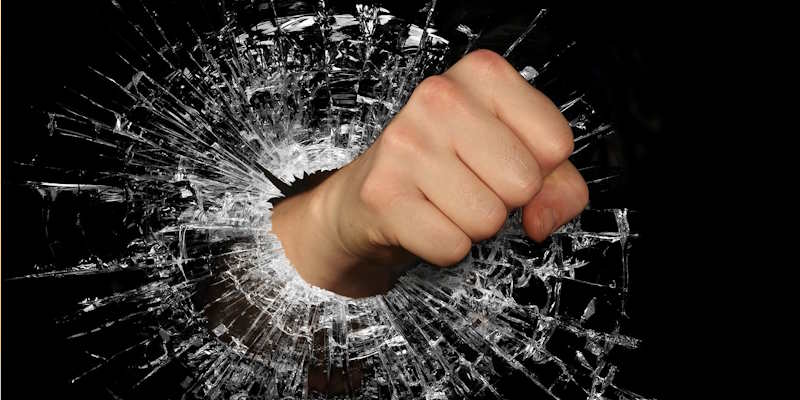
While sipping your drink, you catch a murmur of “Code Black” among the crew—another code that doesn’t signal anything good. It alerts the crew of potentially dangerous situations—a violent altercation, suicide threat, or fight. Security staff quietly assemble, handling the matter so the problem doesn’t ruin the cruise vibe for guests.
Zulu

Did you hear “Zulu” and thought it might mean something exotic? Nope—it’s just the crew handling a guest who’s had too many tropical cocktails and causing a disturbance. Security will calmly assemble to defuse a fight or near-fight among passengers. Depending on the severity, the unruly passengers may be confined to quarters or booted off at the next port.
Secret Cruise Codes For Environmental Problems
Cruise lines take environmental safety seriously, and specialized codes help protect both passengers and the sea. Terms like “Code Bravo” for fire or “Papa” for an oil spill allow the crew to mobilize quickly without disrupting guests. These codes keep the ship and ocean safe while passengers continue their day.
Bravo

You hear a crew member call “Bravo! Bravo!” over the radio—no, it’s not applause for the evening show, but a call for a fire emergency. Although it sounds alarming, you rarely have to worry. The team responds with quiet precision, ensuring any fire is quickly managed without fanfare. Crew help guests stay relaxed, even if evacuating an area is necessary.
Red Party
“Red Party” sounds like a fun, themed event—but on a Disney cruise ship, it means a fire emergency, the same as “Bravo.” The crew swiftly, almost magically, handles the situation, keeping guests unaware of the quiet flurry backstage. Mickey may not know, but Disney’s crew handles every “Red Party” with expertise and care.
Papa
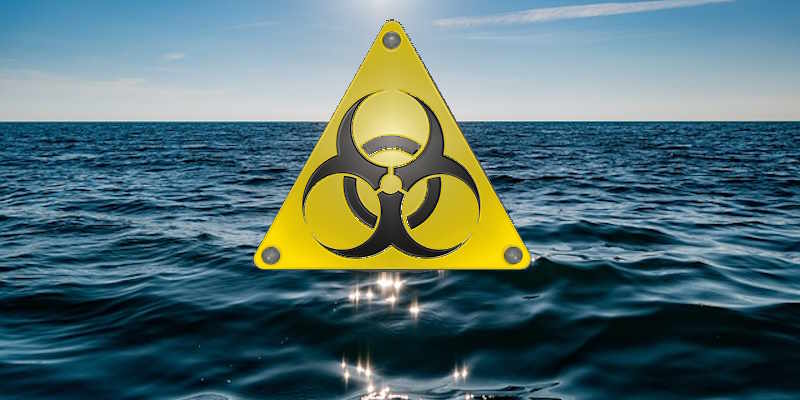
The secret cruise code word “Papa” crackles over a crew member’s radio when there’s an environmental emergency. Here, we’re talking of an oil spill, biohazard, or some form of pollution.
Passenger-Related Secret Codes on a Cruise Ship
Sometimes, the codes aren’t about the ship but the people on it. Alerts like “Code Oscar” (man overboard) or “Code Gray” (unruly passenger) help the crew handle passenger-related situations efficiently. This allows the ship to respond quickly while ensuring everyone’s cruise experience remains as calm as possible.
Oscar

“Oscar” is one of the most troubling codes on a cruise ship—it signals “man overboard.” Also known as Mr. M.O.B. on some cruise lines, the crew training kicks into rescue mode, scanning the waves and coordinating quietly. You’ll notice the ship slowing and possibly turning around. Other nearby ships may help with the rescue mission.
Passengers should expect changes to their cruise itinerary as it takes time to conduct the rescue operation. However, on board, the cruise crew keeps the joyful vibe going and doesn’t halt onboard activities. So, you’ll be mostly unaware of the situation.
Code Gray

You hear a crew member calling in “Code Gray” as you sip your coffee, turn around, and discover why—you see an unruly passenger nearby. Next, you’ll see how security staff step in with calm professionalism, defusing the situation before most people notice. So, you can return to enjoying your coffee without being concerned about the unruly passengers.
Code 7
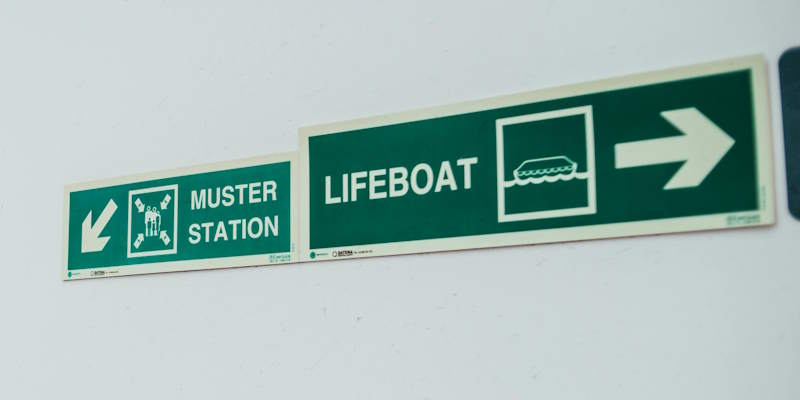
One of the few “secret” codes crew and passengers must know is “Code 7.” When you hear it, it’s time to head to your muster stations calmly. Thankfully, they’re usually for safety drills—but you never know when it’s for a real emergency. The crew is trained to greet guests with smiles and reassurance to avoid panic.
PVI

Did you catch a stomach bug and throw up in a public area? You’ll hear the crew member who assists you call PVI on the radio. It could mean “Party Vibes Interrupted,” but it actually stands for “Public Vomiting Incident.” So don’t worry. The staff will kindly help you as much as possible, and housekeeping will be there shortly to clean the mess.
Purell, Purell, Purell
The crew on Celebrity cruise ships may call out “Purell Purell Purell” on their radios to summon housekeeping to clean up spills, vomit, or any other type of mess. I read on a cruise forum that the term comes from Purell formulas used on cruise ships to kill germs on surfaces.
General Operational and Humorous Codes
Thankfully, not all codes are serious. Some are lighthearted, like “Whiskey, Whiskey, Whiskey,” signaling a bar is open, or “Purell, Purell, Purell” for a cleanup. These operational and humorous codes help the crew keep things running smoothly, add a touch of fun, and make the ship a well-oiled machine—even when there’s a little mess to handle.
Kilo
When you hear “Kilo Kilo Kilo” on the radio, it’s not because a passenger has exceeded their luggage allowance. Instead, it’s a signal on Royal Caribbean ships for all crew members to report to their emergency stations. They’ll assemble quietly, ready to assist, ensuring every passenger remains safe and sound while continuing to enjoy the cruise.
Echo, Echo, Echo

You might think it’s a sound check in the ship’s theater, but “Echo, Echo, Echo” is code for an urgent drifting situation. It could be severe gales, a super strong current pushing the ship off course, or engine failure. The captain kicks procedures into place to correct the issue. So, sit back and relax as you’re in safe hands.
Foxtrot, Foxtrot, Foxtrot
Nothing to do with Dancing With the Stars, and it’s not even an actual emergency code. However, you’ll sometimes hear crew calling this when they’re low on supplies. It keeps the cruise vibe lively and festive as they restock the buffet.
Whiskey, Whiskey, Whiskey
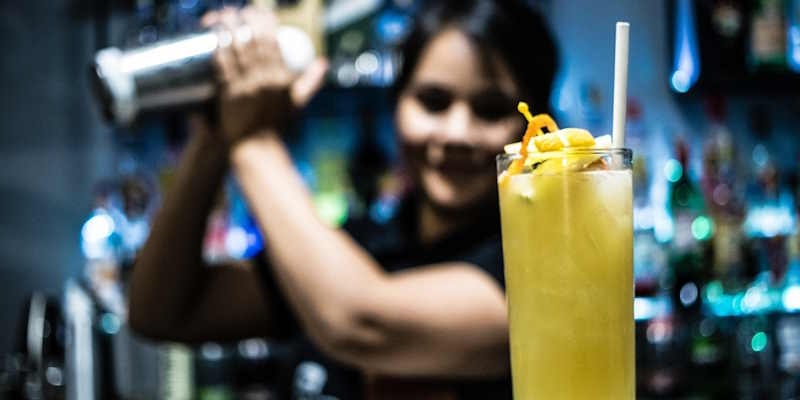
Want to know when the bar is open? Listen to the crew jokingly call “Whiskey Whiskey Whiskey.” This unofficial code word signals that it’s time to dive into that drinks package and get the cruise vacation started.
How to React Without Interfering When You Hear a Cruise Ship Secret Code?
Learning secret cruise ship codes can be fun, but don’t let them ruin your cruise experience. If you hear “Charlie Alpha” or even the dreaded “Bravo,” just let the crew handle the situation as they’ve been trained.
The only time you need to react is for a “Code 7,” which means heading to your muster station. Otherwise, relax and trust the team’s got it covered.
Cruise Ship Secret Codes: FAQ
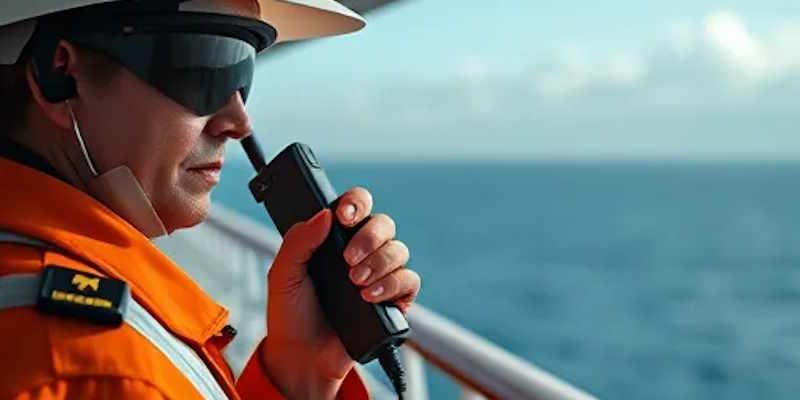
How do crew members handle emergencies discreetly?
Quite simply, they’re trained pros. Crew members go through extensive training and conduct regular drills on board. Therefore, they know how to deal with situations calmly, and coded language keeps things under wraps, so guests stay relaxed and oblivious to any issues.
What should I do if I hear one of these codes?
Nothing! These codes are for crew, not passengers. And are designed to prevent panic and confusion from spreading among guests. The only exception is a “Code 7”—head to your muster station if you hear that one.
Are passengers informed about what a specific code means?
Not usually. Codes are designed to keep guests blissfully unaware of potentially serious situations. But the crew will tell you what to do in a rare, serious situation.
Do ship codes vary between cruise lines?
Many coded phrases are standard among all marine vessels. However, each cruise line has its own set of codes. “Bravo” may mean the same on most ships, but “Alpha” on Royal Caribbean will be “Mike” on others.
Why do cruise ships have different codes for the same emergencies?
It’s all about each cruise line’s style. Codes are tailored to their protocols and crew training, ensuring every team knows how to respond. The goal of secret code words is to eliminate confusion between crew members, whose mother language probably isn’t English and prevent undue worry among passengers.
Conclusion: Enhancing Your Cruise Experience by Knowing the Basics
Knowing these secret cruise codes can add a fun, behind-the-scenes layer to your vacation. Now that you’re in on the crew’s lingo, you might just catch a few codes on your next trip. Have you ever overheard a mysterious code and wondered what was going on? Share your experiences—what code did you hear, and what happened next?
Related articles:

